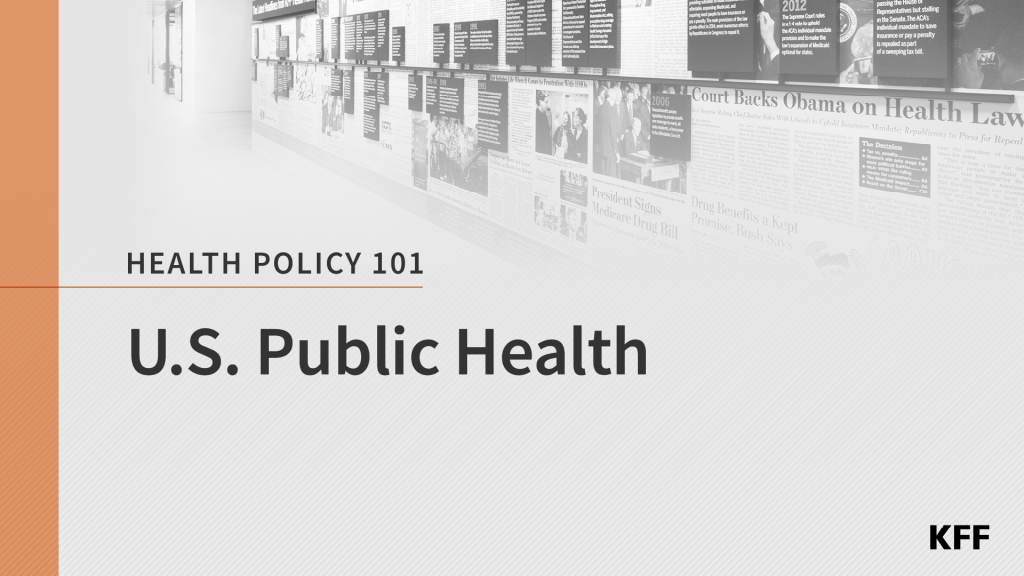Poll: Most Americans are Concerned That There Will Be a Major Coronavirus Outbreak in the U.S. and It Will Hurt the Economy
Most Americans say they are concerned that there will be a major outbreak of the coronavirus in the U.S. (55%) and that it will negatively affect the U.S. economy (57%), the latest KFF tracking poll finds. A substantial share (43%) also say they are concerned that they or a family member will contract the virus.
